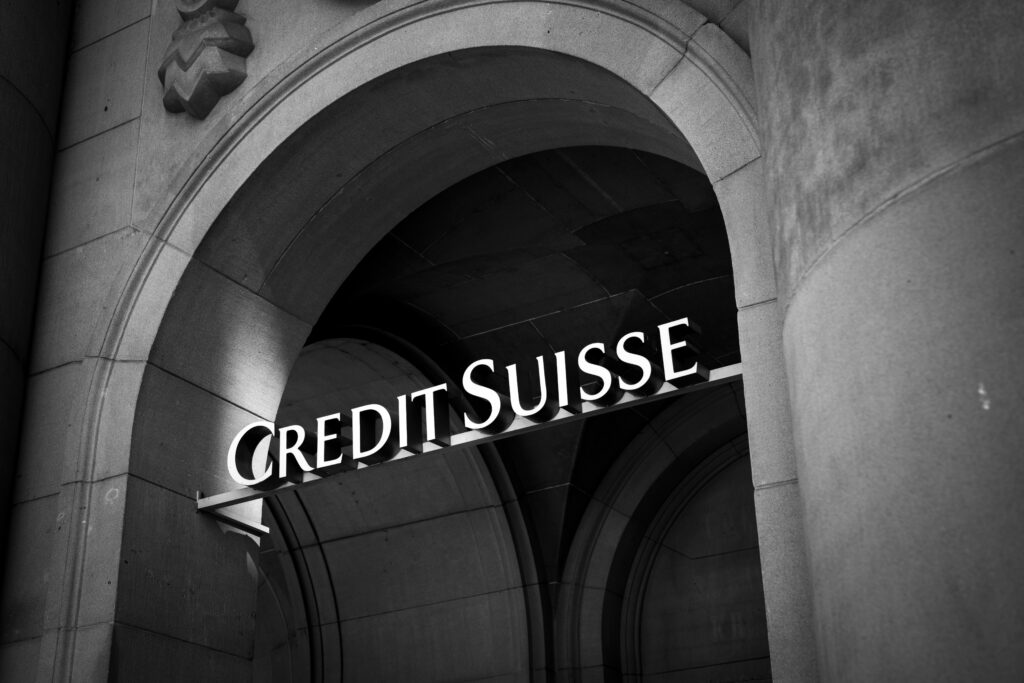A 72-year-old Israeli rabbi claims to hold evidence of Nazi-era Swiss bank accounts that vanished after World War II. His search has reignited debate over Swiss secrecy, Holocaust-era assets, and the unfinished work of justice.
A Rabbi’s Unexpected Mission
Rabbi Ephraim Meir, a quiet German-Israeli scholar, carries a worn briefcase he says holds copies of bank files and affidavits linking six numbered Swiss accounts to Nazi-era holders.
According to Riva Pomerantz, an investigative journalist with Ami Magazine, the heirs of one of those account holders have legally transferred their rights to Meir, who vows that any recovered money will go to charity — “to turn treif money into something kosher.”
The claim, if true, could expose hidden chapters of Switzerland’s wartime banking system and reopen a moral debate many assumed was settled decades ago.
From East German Records to Zurich
As reported by Ami Magazine, Meir’s involvement began in 2007 when East German lawyers approached him about dormant Nazi-linked funds. He initially declined — until faxes arrived containing account numbers, access codes, and merger histories.
A proposed partnership with the late Yaakov Neeman, Israel’s former finance minister, fell through, but Meir persisted. He says intelligence agencies declined direct participation yet quietly supported his effort.
In 2009, Meir and German banking lawyer Harald Reichart met with UBS in Zurich. There, according to Meir, a senior UBS official stated the accounts had been transferred to the Claims Resolution Tribunal (CRT) — the body created in the 1990s to handle Holocaust-era claims.
UBS has maintained that it fully complied with restitution settlements. The Mundo Post has not independently verified the meeting or the documents Meir describes.
Switzerland’s Unsettled Legacy
Though neutral during the war, Switzerland’s banks handled Reich-linked gold and foreign assets. The 1990s scandal over destroyed records — exposed by whistleblower Christoph Meili — led to a $1.25 billion settlement and the creation of the CRT.
Meir alleges that later phases of the process, what he calls “CRT-II,” were compromised by lost records and unjustified rejections.
Much of the CRT’s data remains sealed until 2070 by U.S. court order, though it could be reopened if new evidence arises.
The Heir and the Map
In 2023, Meir and Reichart traced one account to Detlev Köhler, son of a Nazi intelligence officer. In Zug, Switzerland, Köhler and his sister allegedly signed over all rights to Meir and presented a hand-drawn map marking a tunnel near Buchenwald, where valuables were said to be hidden.
German officials have reportedly authorized preliminary site surveys. These details remain unverified.
A Call for Transparency
After UBS stopped responding, Meir began calling for a “third CRT” — a new, transparent restitution body with full public access.
His attorney, Dr. Gerhard Podovsovnik of AEA Justinian Lawyers, told Ami Magazine that UBS’s 2023 acquisition of Credit Suisse unites the histories of both banks — and their responsibilities.
“They will need to open the books,” Podovsovnik said.
“Justice Has a Long Memory”
Meir says he will dedicate any recovered funds to humanitarian and religious causes, including the donation of 18 Torah scrolls in memory of the 2008 Merkaz HaRav victims.
“Justice has a long memory,” Meir told Ami Magazine. “If the doors won’t open, we’ll knock through the courts.”
Whether those doors reveal hidden fortunes or another sealed archive remains uncertain.
Contact for Holocaust-Era Account Claims
Dr. Gerhard Podovsovnik, LL.M., M.A.S.
Vice President, AEA Justinian Lawyers
📧 office@drlaw.eu | 📞 +43 664 110 3403
Editor’s Note
This article summarizes Ami Magazine’s investigation “Nazis, Swiss Banks & the Jewish Money That Vanished” (Oct. 1, 2025) by Riva Pomerantz.
All claims regarding Rabbi Ephraim Meir, UBS, Credit Suisse, and the Claims Resolution Tribunal are attributed to that report.
The Mundo Post has not independently verified sealed or disputed records.
Historical background on the Swiss Banks Holocaust Settlement is available through the Claims Conference and U.S. District Court filings from the 1998 case.
This report is presented for journalistic analysis and commentary under international fair use and press freedom standards. The Mundo Post makes no independent allegations of wrongdoing.


